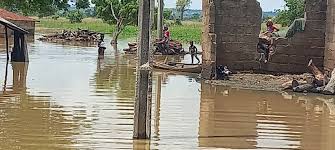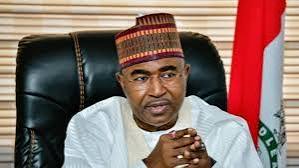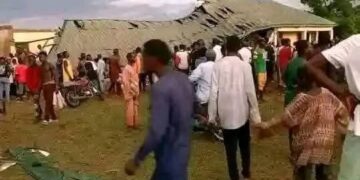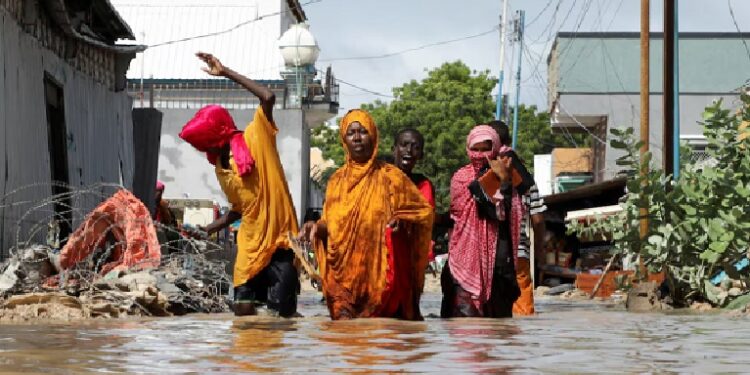Heavy rains have recently impacted Mogadishu, the capital of Somalia, leading to significant flooding and tragic loss of life.
Reports indicate that at least seven people have died as a result of these severe weather conditions. The flooding has caused widespread disruption, exacerbating an already challenging humanitarian situation in the region.
The heavy rainfall that struck Mogadishu on Friday resulted in waist-high floodwaters across various parts of the city. This sudden deluge not only claimed lives but also caused extensive damage to infrastructure and homes. The floods are part of a broader pattern affecting Somalia, where heavy rains have been linked to climate phenomena such as El Niño and the Indian Ocean Dipole, which contribute to increased rainfall and flooding events.
The ongoing floods are occurring against a backdrop of existing humanitarian crises in Somalia, where millions are already facing food insecurity and displacement due to previous climatic shocks and conflict. The recent flooding has further complicated relief efforts, making it difficult for humanitarian organizations to reach those in need. As reported by various sources, the situation remains dire with many communities struggling to cope with the aftermath of these floods.
“We have now confirmed that at least seven people have died, including two women. The rain also collapsed nine houses and filled the houses of 200 families,” Saleh Hassan, a spokesperson for the mayor of Mogadishu, said.
Some infrastructure in Somalia’s capital, including six major roads, was also damaged, hindering movement of people in the capital, according to Hassan.
Among the dead was a young boy whose body was recovered from the debris on one of the damaged streets on Saturday.
“I was hoping the water would spit him out but all was in vain. This morning, my friends joined me with hammers and spades and we managed to remove his body,” local resident Nuradin Mohammed told Reuters on Saturday.























 You can install this WP plugin on your website from the WordPress official website:
You can install this WP plugin on your website from the WordPress official website: 